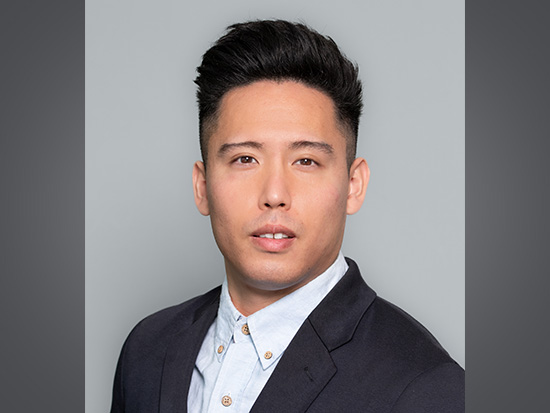 Fondation IPSEN was formed in 1983 under the guidance of the Fondation de France. It monitors progress in biomedical research and highlights major advances in the field. The organization works toward interdisciplinary collaboration and information-sharing to ensure progress in research and discovery, primarily in the areas of neuroscience, Alzheimer’s disease, endocrinology, cancer science, longevity, and vascular health.
Fondation IPSEN was formed in 1983 under the guidance of the Fondation de France. It monitors progress in biomedical research and highlights major advances in the field. The organization works toward interdisciplinary collaboration and information-sharing to ensure progress in research and discovery, primarily in the areas of neuroscience, Alzheimer’s disease, endocrinology, cancer science, longevity, and vascular health.Since its inception, Fondation IPSEN has organized meetings and symposiums involving leaders in their related academic fields, produced hundreds of publications, and has awarded prizes and research grants to more than 250 scientists and biomedical researchers.
The organization awarded its first Longevity Prize in 1996, making Dr. Austad’s recognition the 20th since its inception. Previous laureates include biologists, geneticists, demographers, geriatricians, psychologists, and sociologists. Winners are selected by an international jury and will present at the Gerontological Society of America’s annual meeting in Orlando, Florida, November, 18-22, 2015.
The Longevity Prize also comes with a 20,000 Euro award.
“The previous winners of this prize read like a who’s-who of aging research,” says Dr. Austad, whose areas of study include the biology of aging and the evolution of life histories. “I’m flattered to be mentioned in the same breath with them.”
Dean Robert E. Palazzo concurs that the honor is significant. “I am delighted to congratulate Dr. Austad on receiving this important international recognition,” he says. “I am particularly pleased that his fundamental work on the molecular basis of the aging processes in animals, including humans, is being recognized by the prestigious Fondation IPSEN.”


